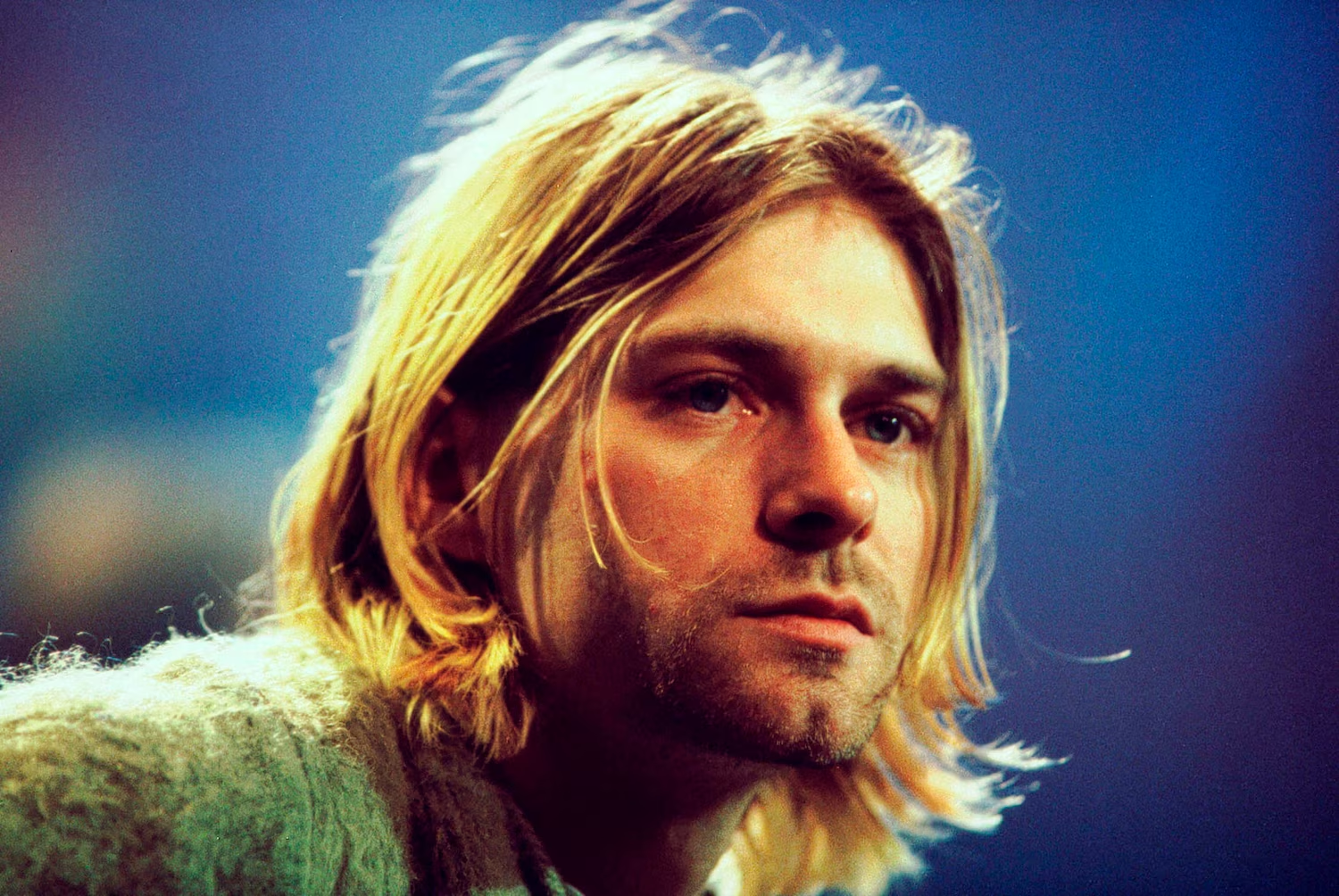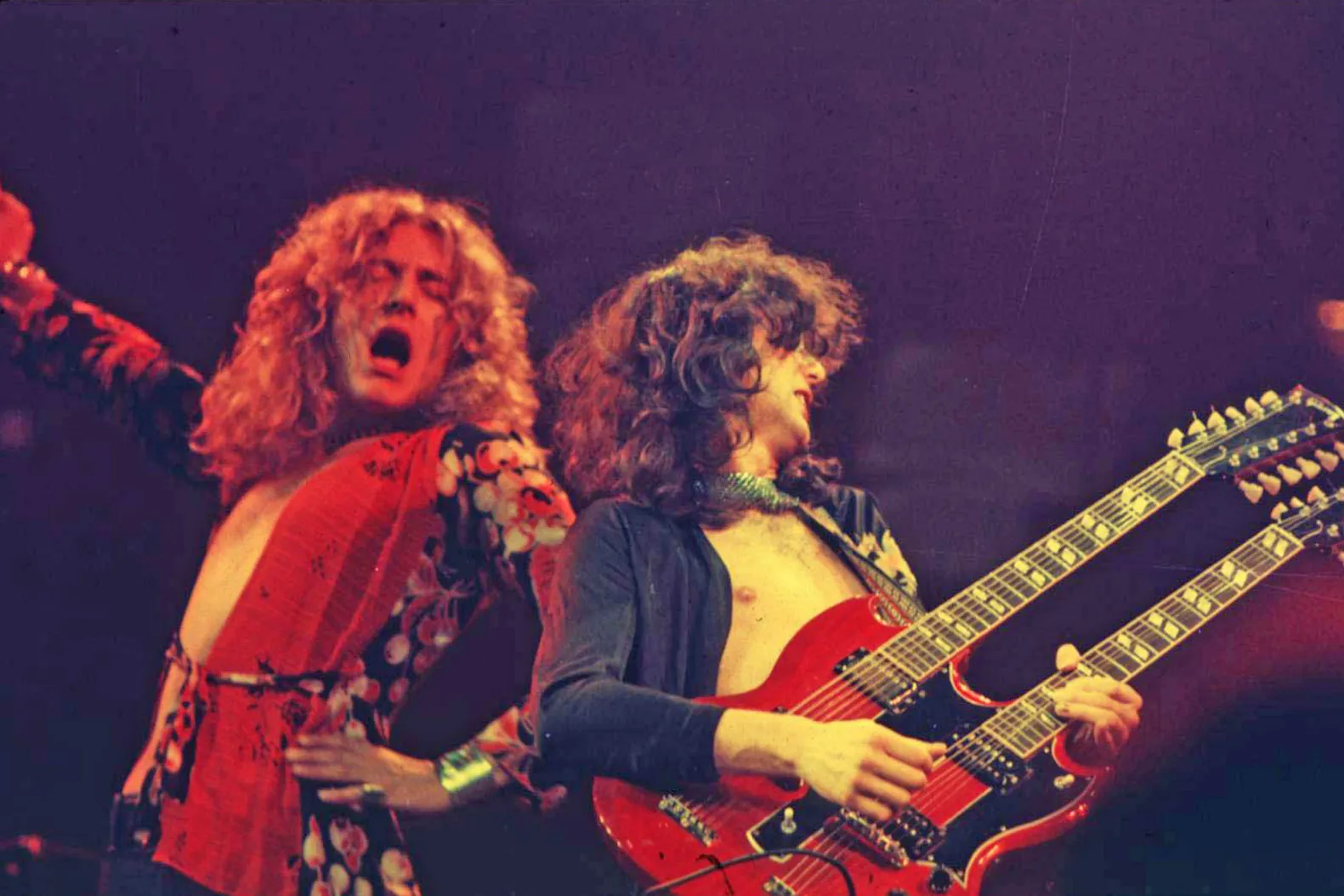Unveiling the Unseen Influence: How Legendary Bands Shaped Modern Music
- They Were Legends

- Mar 19, 2025
- 4 min read
The impact of legendary bands is truly remarkable. They have shaped modern music in ways that resonate with artists and listeners today, transcending time and genres. Think about how the raw energy of rock 'n' roll and the complex sounds of progressive music have influenced the industry. Bands like The Beatles, Led Zeppelin, and Nirvana have laid the foundation for countless contemporary artists. In this article, we will explore how these pivotal bands transformed the music landscape and continue to inspire new generations.
The Beat of Innovation: The Beatles

When it comes to legendary bands, The Beatles stand out as one of the greatest. Formed in Liverpool in 1960, this iconic quartet not only defined the sound of a generation but also completely altered how artists approached songwriting and production. They experimented with diverse musical styles, from rock to Indian music, which transformed pop music into an art form.
Their groundbreaking album Sgt. Pepper's Lonely Hearts Club Band marked a significant milestone in music history. Released in 1967, it introduced concepts of album-oriented rock that artists still use today. For example, the innovative use of studio techniques such as tape loops and backward recording changed how music was produced and listened to.
The Beatles paved the way for genres like art rock and psychedelic pop. Influential modern artists like Tame Impala and Oasis often echo the ethos of experimentation and depth that hallmarked The Beatles’ work.
Hard Rock and the Legends of Led Zeppelin

Shifting from pop to rock, Led Zeppelin emerged in the late 1960s and left an undeniable mark on rock music. Their heavy sound, defined by powerful guitar riffs and dynamic vocals, redefined hard rock and laid the groundwork for heavy metal.
Albums like Led Zeppelin IV, released in 1971, feature classic tracks such as "Stairway to Heaven" and "Black Dog." These songs showcase their talent for blending genres. For instance, "Stairway to Heaven" combines rock with folk and blues, enchanting listeners and inspiring many musicians to push genre boundaries. Modern bands like Greta Van Fleet reflect this influence, capturing the classic rock vibe while adding a contemporary twist.
Led Zeppelin's powerful live performances emphasized showmanship. Today, many artists incorporate similar spectacle into their concerts, echoing the band's lasting impact on the industry.
The Punk Revolution: Nirvana

With a dramatic shift in sound, Nirvana spearheaded the grunge movement of the early 1990s. They emerged from the underground scene, bringing raw emotion and honest lyrics that resonated with a disenchanted generation.
Their landmark album Nevermind, released in 1991, produced the anthem “Smells Like Teen Spirit,” propelling them into international stardom. This album not only sold over 30 million copies worldwide but also shifted mainstream music's direction. Nirvana's focus on authenticity and emotional depth laid the groundwork for alternative and indie rock, influencing a wave of successor bands like Foo Fighters and Paramore.
The essence of Nirvana continues to influence modern musicians. Artists today often channel the angst and vulnerability that Nirvana epitomized, leading to the emergence of genres like emo and pop-punk.
The Ripple Effect on Today’s Music
The influence of The Beatles, Led Zeppelin, and Nirvana is evident in today’s music. Contemporary artists, such as Billie Eilish and Ed Sheeran, often cite these bands as primary inspirations, reflecting their stylistic elements in their work. For instance, Eilish’s emotional honesty mirrors Nirvana's approach, while Sheeran showcases a blend of genres reminiscent of The Beatles' innovative style.
Additionally, the evolution of technology, driven significantly by these bands, has created immense accessibility in music production. Today, around 70% of artists use home studios to produce music, a testament to the DIY spirit popularized by legendary bands. This has empowered a new generation of musicians to experiment creatively.
Genre Blurring and the Future of Music
Looking to the future, the distinction between genres has become increasingly indistinct. Contemporary artists now draw from a wide array of influences, reflecting the eclectic styles of legendary bands. Cross-genre collaborations are more prevalent than ever, enabling artists to push creative boundaries and engage with broader audiences.
The Beatles’ spirit of experimentation, Led Zeppelin’s groundbreaking performances, and Nirvana’s authentic storytelling encourage current musicians to explore new artistic territories. This shift not only enhances creativity but also cultivates a more inclusive and varied music scene.
As music continues to evolve, legendary bands will undoubtedly inspire future landscapes and ignite the passion of new generations.
Reflecting on Musical Influences
Examining the evolution of legendary bands and their significant impact on modern music reveals that their legacy extends far beyond time and genre. The Beatles, Led Zeppelin, and Nirvana have shaped not just the sound we hear where they’ve influenced the very ways music is created, performed, and consumed.
As we honor these icons, their contributions serve as a powerful reminder for today’s artists. By embracing innovation, authenticity, and a blend of genres, future music will undoubtedly continue the profound impact of these legendary bands. As the journey of music unfolds, we can only wonder what current projects will emerge as the next legendary influences in the years to come.











Comments